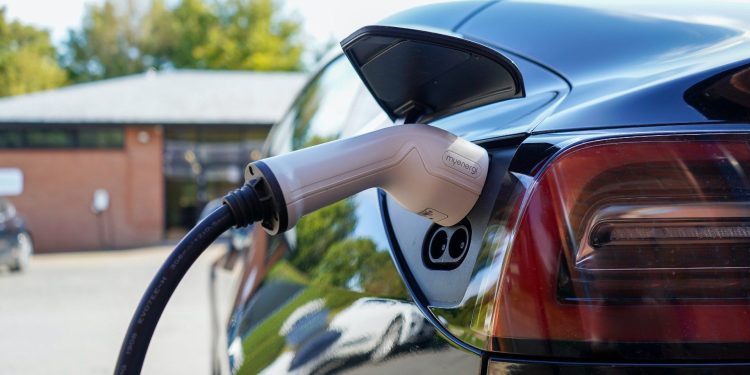Californians asked to stop charging EVs a week after state officials announced an ICE ban
Words: Harrison Wade
Just one week after announcing its plans to ban the sale of new internal combustion engine vehicles from 2035, the North American state of California has asked its residents to stop charging their electric vehicles as the electrical grid can’t handle the increased load.
Multiple news sources in the US say that energy providers are asking residents to avoid charging their vehicles due to power grid strain caused by the increased energy demand amid the state’s heatwave.
Temperatures in California are said to be reaching around 40 degrees Celsius meaning air conditioning use has ramped up dramatically, leaving residents without enough juice to charge their electric cars.
“Today, most people charge their electric cars when they come home in the evening when electricity demand is typically at its peak,” said Cornell University’s College of Engineering speaking with mystateline.com.
“If left unmanaged, the power demanded from many electric vehicles charging simultaneously in the evening will amplify existing peak loads, potentially outstripping the grid’s current capacity to meet demand.”
At this point, it almost seems ironic that nations around the world including New Zealand are increasing the push for EVs without considering the need for ramping up energy production and installing more of the necessary infrastructure to charge them.
On top of that, banning the sale of new petrol and diesel vehicles by the mid 2030s will only compound the issue further if nothing is done to support the increasing uptake in EVs.
Europe too is currently undergoing an energy crisis and is seeing power prices reportedly shattering records as the continent heads into winter. It’s likely Europe will face the same charging dilemma in order to stay warm.
Could this be a sign of things to come?





